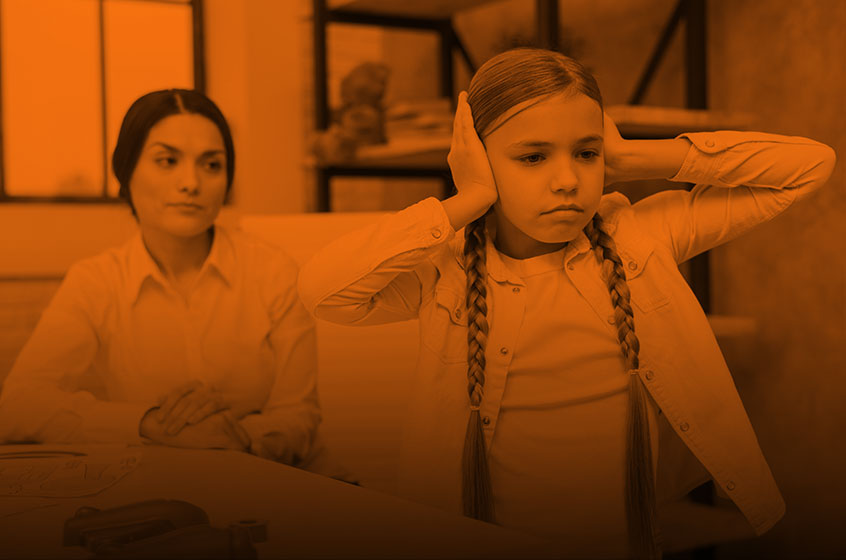Parenting: Enhancing Youth Emotional Health
As a parent, your topmost priority is ensuring your child’s well-being and one of the most important aspects of that is their emotional health. The world can be overwhelming and challenging for young people, but with the right parenting strategies, you can help your child navigate the ups and downs of life while promoting positive mental health.
In this article, we will discuss how to help children on their mental wellness journey, gentle parenting, and promoting positive mental health in the home setting.
Understanding Gentle Parenting Gentle parenting is a parenting style that prioritizes empathy and mutual respect between parents and children. Instead of using punishment or rewards, gentle parenting focuses on building strong, positive relationships with children based on communication, understanding, and trust.
Gentle parenting can be particularly effective in enhancing youth emotional health as it fosters an environment of safety and trust where children feel free to express their emotions and communicate their needs without fear of judgment or punishment.
Identifying Signs of Emotional Distress in Children

It’s essential to pay attention to your child’s emotional well-being and identify any signs of emotional distress early on. Some common signs of emotional distress in children include:
- Difficulty sleeping or eating
- Lack of interest in activities they usually enjoy
- Increased irritability or moodiness
- Withdrawing from friends and family
- Expressing feelings of sadness or hopelessness
If you notice any of these signs, you must talk to your child and offer them support and understanding.
Practical Ways to Help Children on their Mental Wellness Journey

There are several practical ways to help your child on their mental wellness journey, including:
- Encourage open communication: Create a safe and supportive environment where your child feels free to express their emotions and communicate their needs.
- Practice active listening: Listen to your child without judgment, and acknowledge their feelings and experiences.
- Foster healthy habits: Encourage regular exercise, a healthy diet, and adequate sleep to promote positive mental health.
- Teach coping strategies: Help your child develop healthy coping strategies to manage stress and difficult emotions.
- Seek professional help: If your child is struggling with mental health issues, seek professional help from a qualified mental health practitioner.
Promoting Positive Mental Health in the Home Setting
Promoting positive mental health in the home setting is crucial for enhancing youth’s emotional health. Some practical ways to promote positive mental health in the home include:
- Create a positive environment: Create a home environment that fosters positivity, support, and understanding.
- Foster healthy relationships: Promote healthy relationships between family members by encouraging empathy, communication, and mutual respect.
- Encourage self-care: Encourage self-care practices such as mindfulness, relaxation, and other stress-reducing techniques.
- Model positive behavior: Model positive behavior and attitudes to promote a culture of positivity in the home.
The Importance of Parental Self-Care in Enhancing Youth Emotional
Health Parental self-care is crucial for enhancing youth emotional health. As a parent, you need to take care of your mental health and well-being to be able to support your child effectively. Some practical ways to practice self-care include:
- Prioritize your mental health: Prioritize your mental health by seeking professional help if necessary and taking time for yourself regularly.
- Practice stress management: Use stress management techniques such as meditation, exercise, and relaxation to manage stress effectively.
- Seek support: Reach out to family and friends for support when you need it, and don’t be afraid to ask for help.
The Role of Mental Health Professional Development Training in Parenting

Mental health professional development training can be incredibly beneficial for coping skills, a better understanding of the signs of emotional distress in children, and learning effective parenting strategies to promote positive mental health.
Conclusion
As a parent, you play a vital role in your child’s emotional health and well-being. By understanding gentle parenting, identifying signs of emotional distress, and promoting positive mental health in the home setting, you can help your child navigate the challenges of life and develop into a healthy and well-adjusted adult.
Remember to prioritize your mental health and seek professional help if necessary. Mental health professional development training can also be a valuable resource for parents looking to enhance youth emotional health. Together, we can help our children thrive on their mental wellness journey.






